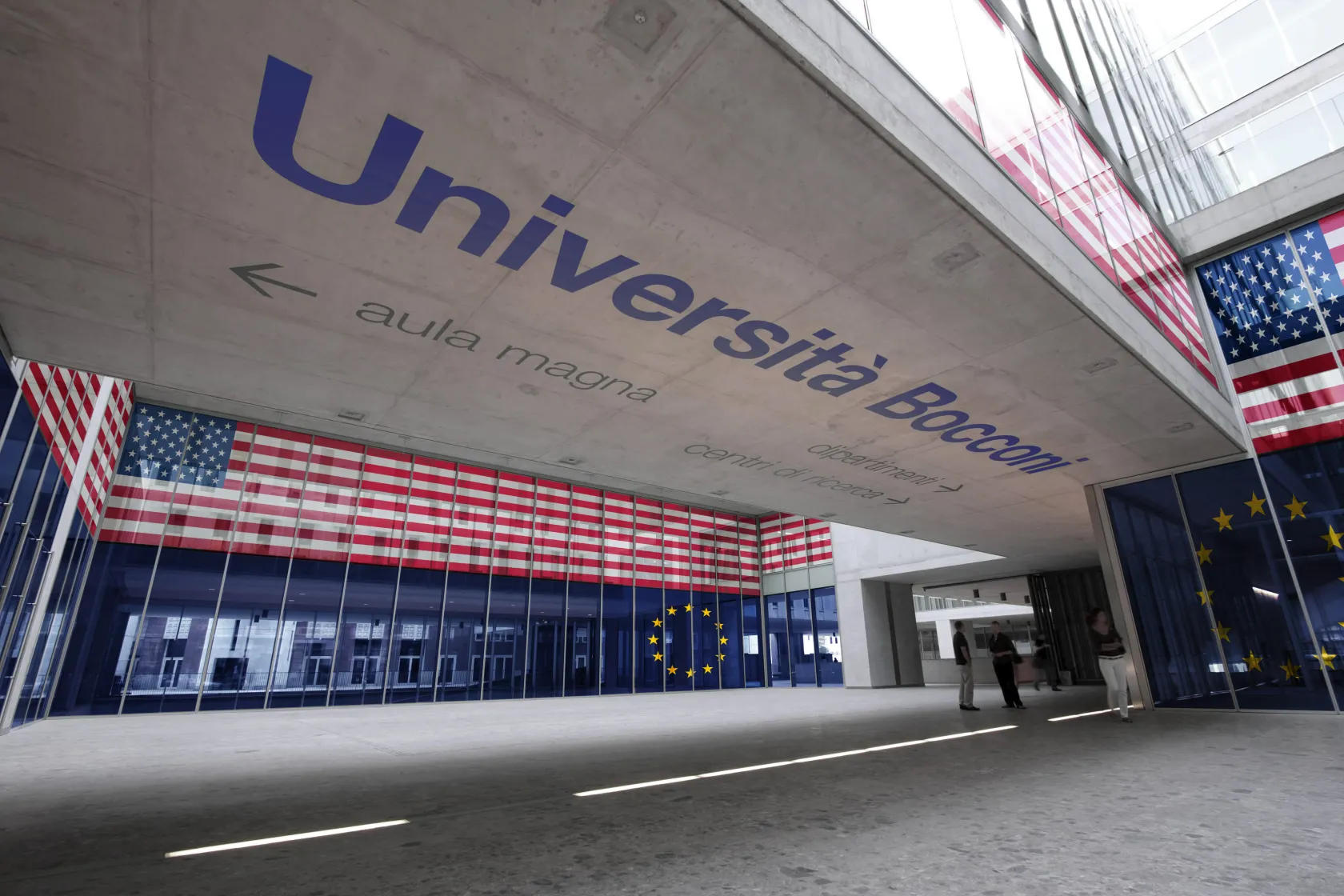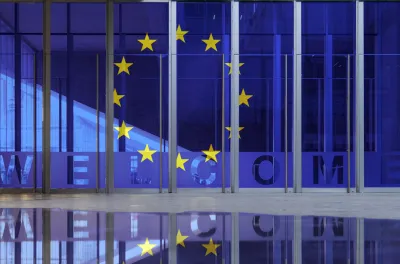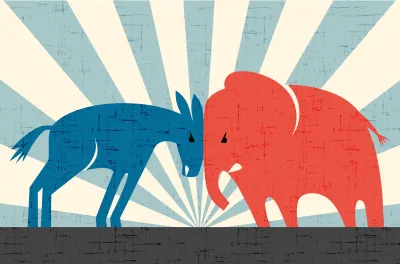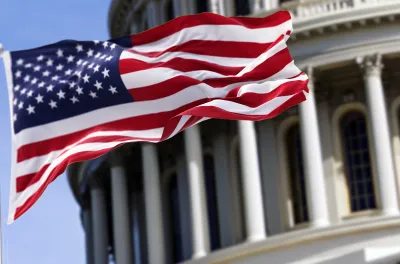
American Presidential Election: What Is at Stake for the EU-US Partnership
Europe is obsessively looking at the next US Presidential elections. Very few of the continent’s main news outlets miss a daily reference to the event which will determine, arguably, the future destiny of the European Union.
What seems to be a sort of obsession has many good reasons to be: whatever the future US administration will be, some relevant decisions will be taken on the other side of the Atlantic, in terms of both geopolitical orientation and strategic priorities.
As in a crumbling partnership between two comedians, one half of the pair is finding new interests and opportunities. The other is left alone in search of a new identity.
That of the “less brilliant” partner is, however, a vision which implicitly assigns to Europe the role of appendix of the US, in the new world order which followed the end of World War II. A partner ancillary to an American hegemonic international leadership. According to another – equally pessimistic – perspective, the European inclination towards mutual destruction found a stable containment only thanks to US patronage.
Notwithstanding the linearity of this interpretation, one may suggest a slightly different perspective, with the (necessary) help of some historical sensibility.
For a number of geographic, cultural, religious and demographic reasons, Europe has always been the place in which hegemonic conflicts have been not only more frequent, but also characterized by the utmost ferocious slaughtering of human beings.
The political history of Europe has been characterized by an obsessive alternation of sheer brutality and attempts to put it under control. Europeans have frequently tried to engineer their own survival amidst clashes of different natures. They have been pretty good at it.
Europeans invented the concept of the modern state in 1648 with the Peace of Westphalia, ending decades of murdering in the name of the same God. Much later, after the Napoleonic Wars – which devastated the continent for more than a decade – the main European powers successfully informally sealed a stable, centennial period of peace with the two “Concerts of Europe”, pushing their aggressive search for “living space” to the expenses of the subject populations in their colonial empires in Africa and Asia.
What took place between 1914 and 1945 can be seen, again, as a series of hegemonic conflicts which took a toll of not less than 30 million human lives – not to mention the Holocaust, the mutilated, or those permanently affected by post-traumatic stress disorders of whatever nature.
The offspring of this enduring devastations – that is, us – are often the first to forget that the project of a united Europe has been the last in time among a long series of attempts to put a remedy to the continent’s tendency to self-destruction.
It is worth remembering that the origins of the North Atlantic Treaty Organization (NATO) lie in the Treaty of Brussels, signed in 1948, as a military defensive alliance between France, the United Kingdom, and Benelux, built in order to prevent the possibility of other hegemonic wars on the continent.
The often-quoted, sometimes abused, sentence by Jean Monnet, “Europe will be forged in crisis, and will be the sum of the solutions adopted for those crises” (1967) is a perfect synthesis of the centuries-long effort of European self-preservation amidst tragic and devastating hegemonic clashes.
The “mutual security project” which followed the tragedy of two wars with a global outreach, however, took place in a phase in history characterized by a new, peculiar configuration of power, symbolically evident on 25 April 1945 when the Soviet and US troops shook hands on a bombed bridge across the Elba River, in Germany. This landmark historical event took place in Europe, in absence of Europeans. Indeed, the new post-WWII world order quickly and radically transformed the European security project, turning it into an anti-communist pillar under the form of an ambitious program of economic cooperation.
Security was somebody else’s affair, as rightly put by the EU’s “foreign minister” Josep Borrell in a recent speech at Georgetown University: “it was almost as if Europeans were saying, 'For war, please call the US.'”
The “Cold War stalemate” which lasted more than four decades, followed by another ten to fifteen years of unipolar US dominance, forged a unique geoeconomic power, based more on mutual economic convenience than on security and political centrality. Even the last wave of accessions to the European Union have been motivated by economic reasons, not by security concerns.
Security concerns, however, forcefully re-entered the global scenario during the last two decades, characterized by the re-emergence of great power competition. Europe is now discovering itself poorly prepared against the harshness of a world running into a multipolar disorder, worryingly similar to the one which characterized the first decades of the 20th century.
In this framework the worst scenario is one in which the EU will be alone (as said at the beginning, far from improbable, whoever the next US Commander in Chief will be), but above all disbanded and most likely soon back to its violent past.
The outcome of the US elections can impact the destiny of Europe in many ways. Most of them, negative. One – maybe positive – will be to force Europeans to think back to their own history of fratricide slaughtering, and to accept their responsibilities in front of the next generations, again forging a shared, enduring and peaceful security.











